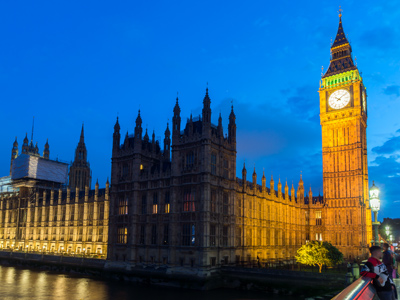
PM Johnson’s Parliament Before Prorogation
Conservative Party members chose Boris Johnson to be our next Prime Minister, with one aim - to deliver Brexit. His first session in Parliament as PM did not go as planned and he lost his majority within two days. His attempts to call an early General Election also failed, and it was not long before Parliament was suspended by prorogation.
Boris Johnson's first premiership was a strict one. He expelled more than 20 of his own MPs for voting against him, which did not go down well in some quarters. Some Conservative MPs even resigned their posts in protest.
Johnson's declaration that he would rather "die in a ditch" than ask the EU for a further extension to Article 50, put him on a collision course with MPs who voted by a clear majority to force his hand. How would he avoid this, when doing so would be illegal?
Ready for more?
not all...
quizzers. Try to win a coveted spot on our Hall of Fame Page.







